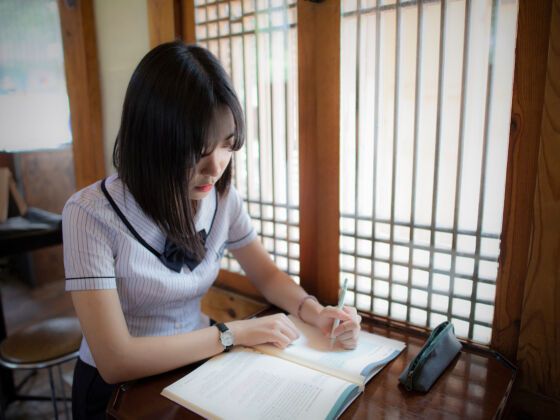Korean private academies, also known as hagwons, are widely known to have a dark side. I landed my job at a hagwon six months after graduating from university, and I’ve had moments of pure frustration, cried pitifully after horrid classes, and still struggle with my working schedule at times. After ten months, somehow I’m still going strong.
Here are some annoyances of a hagwon, and why I won’t be returning.
